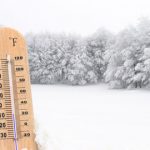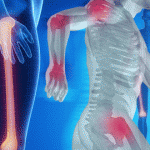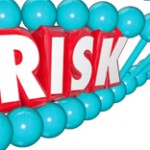Everyone wants to be accepted and feel like they belong. These are innately human traits, and they don’t go away when we leave the grade school playground, high school cafeteria or university quad. We want to feel safe and accepted at work, too, and that feeling is important to professional success and effectiveness. From a…





